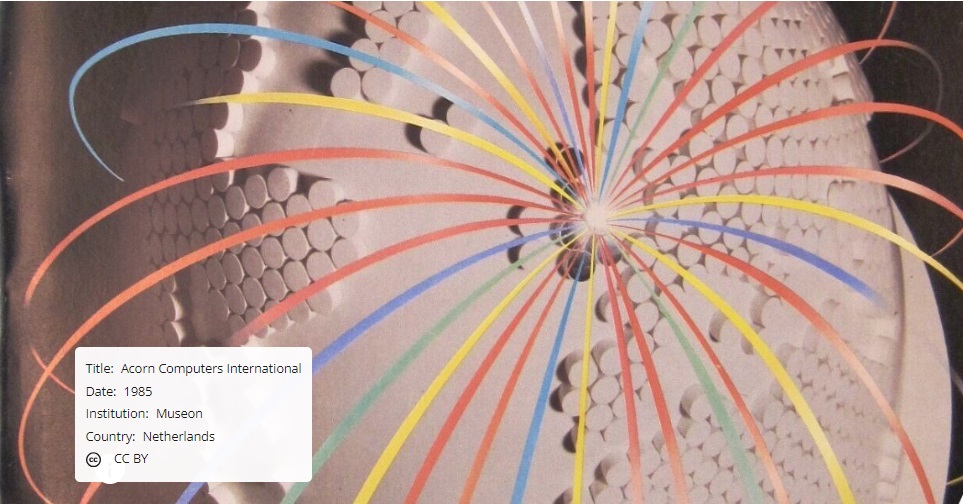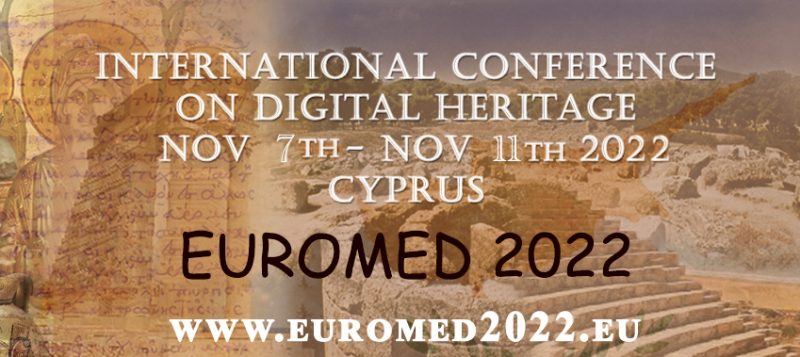-
- MEDIA PARTNER

-
- RELEVANT NEWS from Digitalmeetsculture
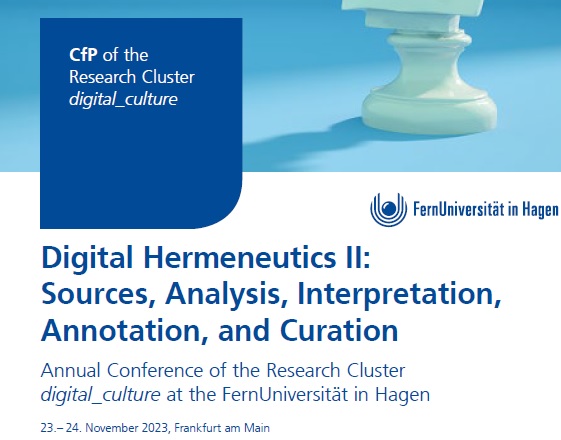 Call for papers, deadline15th September - event to take place at the FernUniversität in Hagen 23 – 24 November 2023
Call for papers, deadline15th September - event to take place at the FernUniversität in Hagen 23 – 24 November 2023-
- PREFORMA POPULAR TAGS in Digitalmeetsculture
- audiovisual Berlin Brussels call for tender conformance check cultural heritage digital archive digital preservation DPF Manager FFv1 file format validation file formats IPRES Matroska MediaArea.net MediaConch Open Source Portal open source software PCP PDF/A policy checker PREFORMA standards TIFF VeraPDF
Topic: websites
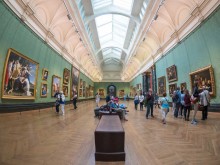
August 16 2017 The National Gallery, London, is working in collaboration with museum analytics firm, Dexibit, to use big data for predictive analytics. For decades, directors at the helms of the world’s cultural institutions have faced the challenge of balancing … Continue reading
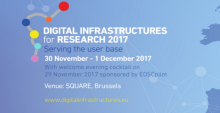
Once again this year, EUDAT is co-organising the Digital Infrastructures for Research (DI4R) event together with RDA Europe, PRACE, EGI, OpenAIRE and GÉANT. The event takes place in the heart of the European Union in Brussels (Belgium) on 30th November and 1st December 2017, hosted … Continue reading

In May 2017 a new EC-funded project in H2020, named ROCK, has been launched by coordinator Municipality of Bologna. Supported by a large international consortium of Universities, Municipalities, Development and Consulting Groups, Dissemination Networks, SMEs and developers, and Industry Driven … Continue reading
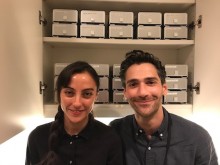
This is the sixth in a series of interviews with people using MediaConch within their institutions. Ben and Geneve work in the Audio and Moving Image Preservation Unit at at New York Public Library. MediaConch is an integral part of the Quality Control workflow to reformat audio and moving image research collections and specific policies have been created to this purpose. Continue reading
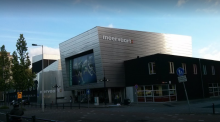
There is an unprecedented amount of data on the Web today. However, this data is only as useful as its quality allows it to be. Data Quality is an important topic in companies and organizations that use and/or disseminate large … Continue reading

September 7-11, 2017, Linz will host an exciting, comprehensive confrontation with the reality and the vision of artificial intelligence. Symposia, exhibitions, performances, workshops and artistic interventions will elaborate in depth on its cultural, psychological, philosophical and spiritual dimensions. Consideration of the … Continue reading
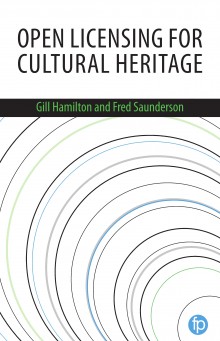
In the digital era, libraries, archives, museums and galleries are no longer constrained by the physical limitations of their buildings, analogue books, manuscripts, maps, paintings and artefacts. Cultural collections now can be safely distributed and shared globally. To ensure that … Continue reading

Join the #DCDC17 in November for three days of discussions and workshops on how we gather, measure and present evidence of the cultural value and impact of our collections. DCDC17 keynotes Geoffrey Crossick, Distinguished Professor of Humanities, School of Advanced Study … Continue reading

Emotive is an EU-funded heritage project that aims to use emotional storytelling to dramatically change how we experience heritage sites. For heritage professionals, the Emotive application will provide a powerful storytelling engine and a set of rich digital media assets … Continue reading
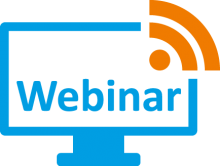
The PREFORMA project that commissioned and funded the development of veraPDF draws to an end this year. Recent activity has been focused on PREFORMA acceptance testing, formalising the decisions of the PDF Association’s Technical Working Group and fixing issues reported by the community. In this webinar, the veraPDF Consortium will present the results of recent development and the plans for life after PREFORMA. Continue reading



